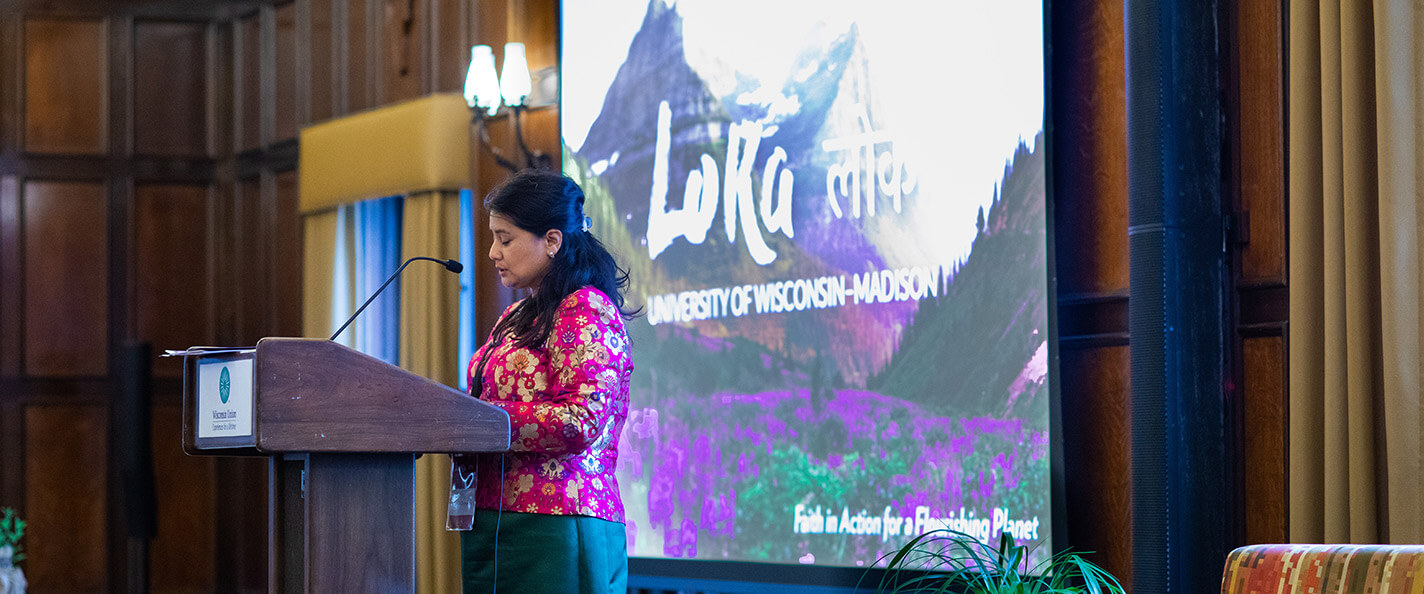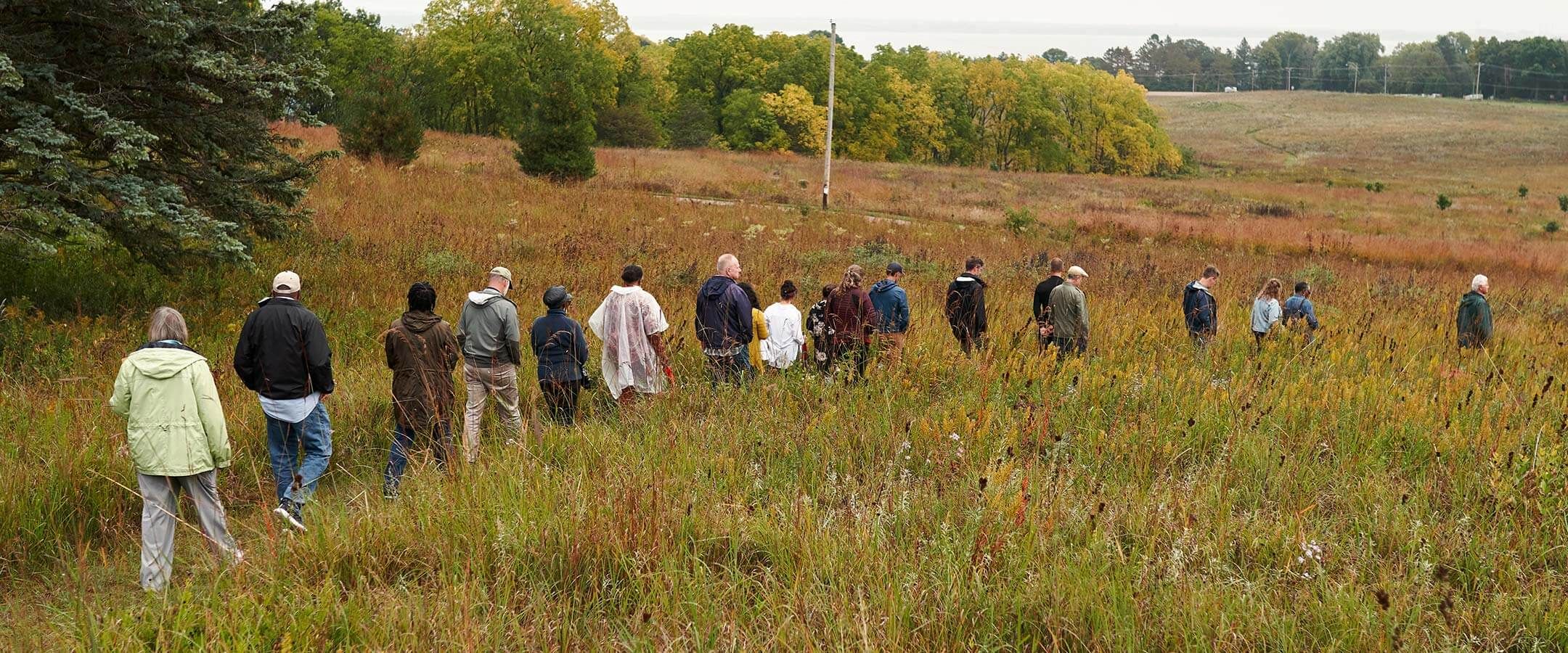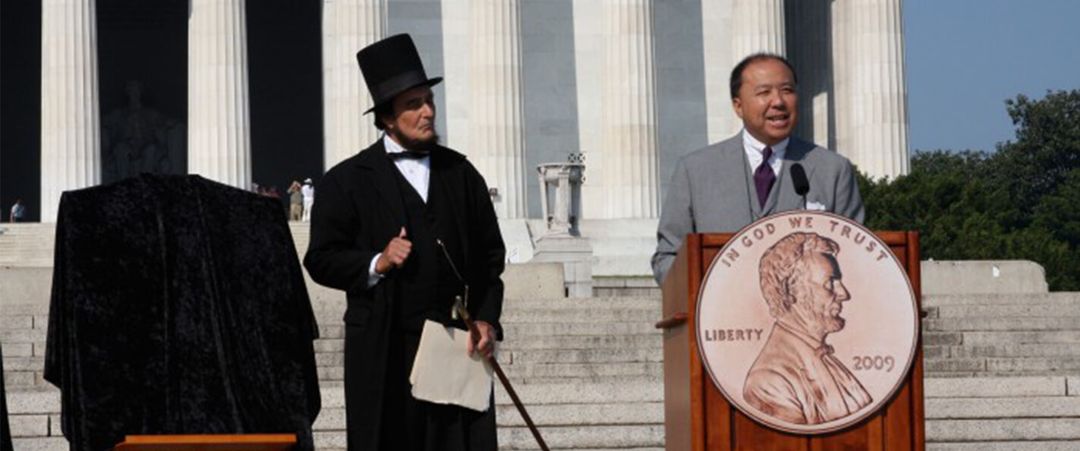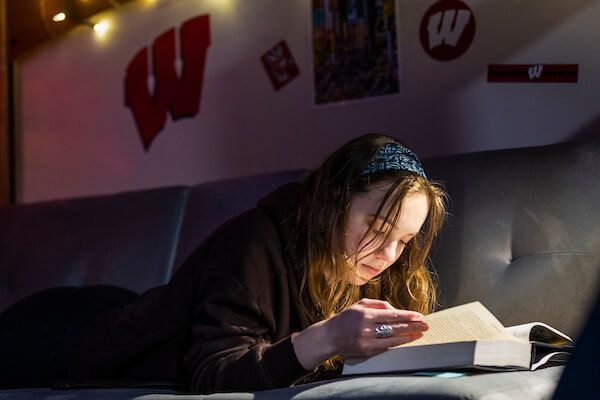Solastalgia. Australian philosopher Glenn Albrecht coined the term in 2003 as a reaction against growing environmental issues, describing it as “the homesickness we feel while still at home.” Today, you might be more familiar with the terms eco-anxiety or climate distress.
Early in her career in conservation, Dekila Chungyalpa didn’t have a name for her feelings of loss and uncertainty about the earth’s future. But she felt both often as she traveled the globe working for the World Wildlife Fund. And she witnessed the same feelings in the communities that she worked with, from her native Himalayan state of Sikkim in India, to East Asia where she worked on freshwater and climate issues in the Greater Mekong region.
The daughter of a Tibetan Buddhist nun, Chungyalpa began organizing with Tibetan Buddhist nunneries and monasteries across the Himalayas in 2008 to help them lead environmental efforts and enact climate solutions in their own landscapes. The collaboration helped connect Chungyalpa with her own community directly, giving her more opportunities to focus on people first, rather than becoming overwhelmed by bleak climate data. Eventually, she was inspired to do similar work all over the planet — a mission that led her to establish faith-led projects in the Amazon, East Africa, the Himalayas, southeast Asia, and the U.S.
Her success working with religious leaders led her to UW–Madison, where she now leads the Loka Initiative, an interdisciplinary program housed within the Center for Healthy Minds. Loka — Sanskrit for “world” — was established in 2019 with a mission to address environmental and climate issues holistically, integrating religious and Indigenous knowledge, networks, and leaders to advocate for individuals, communities, and the earth itself.

“Our vision was one that wove together what was happening to people on a psychological, emotional, and spiritual level with what was happening in our communities, to what was happening to the planet,” Chungyalpa says. “Loka’s vision is that inner, community, and planetary resilience are interdependent. You cannot achieve any one of these things without working on the other two.”
Cue the Psychology of Deep Resilience, a free, online program that Loka launched in June 2024 to help people replace feelings of eco-anxiety and climate distress with a more empowered outlook and a deeper commitment to community-based environmental action.
“Deep resilience is a unified way and an equal way of taking on inner, community, and planetary well-being and resilience,” Chungyalpa explains. “People will say, ‘Resilience is the ability to bounce back under great threat or maybe an uncertain future.’ One of the things we’re clarifying with deep resilience is, actually, we see it as a way to bounce forward.”
Throughout the asynchronous coursework, Chungyalpa and 30 other instructors, including Richard Davidson, director of the Center for Healthy Minds, and Paul Robbins ’89, dean of the UW’s Nelson Institute for Environmental Studies, address the root causes of environmental degradation and climate change, share tools for fostering well-being at all levels, and lead 15 contemplative practices from different wisdom traditions.
The course is designed to build resilience in the face of the environmental and climate distress, but resilience can promote greater well-being in all facets of an uncertain world. Chungyalpa has two main messages that she’d like to leave with people who take the course.
“One is that being in nature is absolutely healing. We need to regain this intimate connection we have with nature and not see it as separate from us,” she says. Her other directive is to stay in community. “For our survival, it’s necessary, but it’s also necessary for our resilience. We are designed to connect at every level, neurologically all the way to massive ecosystems. Connectivity is the organizing principle for the earth.”










